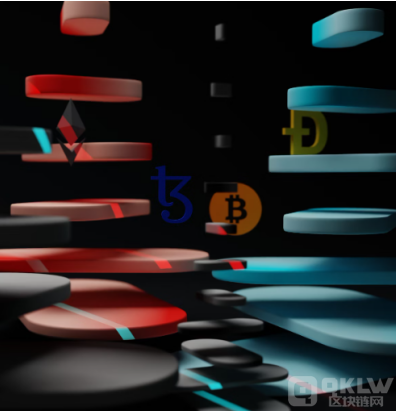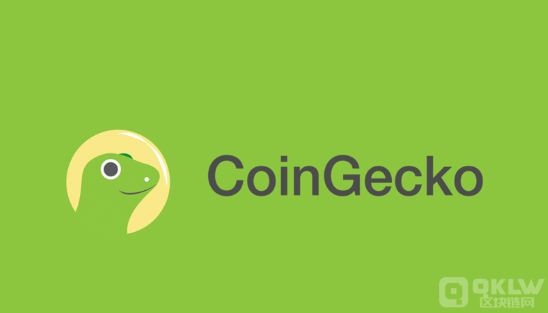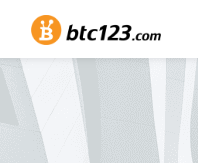科普区块链:Decentralized Finance 去中心化金融
-
Decentralized Finance (DeFi) was created out of the need for a more secure and transparent way of lending, borrowing, and trading financial instruments. It is a form of financial services that are based on decentralized digital protocols and platforms. By leveraging blockchain technology, DeFi can facilitate the movement of digital assets and provide peer-to-peer transactions without the need for centralized authorities such as banks. This means that there are no middlemen needed to complete a transaction, which can help to make the process faster, cheaper, and more secure.
At its core, DeFi is an ecosystem of decentralized blockchain-based applications that allow users to access financial services. This includes a range of use cases, such as trading, banking, lending, and borrowing. By allowing these transactions to be conducted without a middleman, it opens up new opportunities for users to access credit, transfer funds, and invest. DeFi is already having an enormous impact on global finance, and is expected to become even more influential as its popularity and usage grows.
Some of the most popular DeFi projects include MakerDAO, Compound, and Uniswap. MakerDAO allows users to unlock the value of their digital assets by creating stablecoins that are backed by collateralized debt positions. Compound is an open lending protocol that allows users to lend and borrow cryptocurrencies such as Bitcoin, Ether, and USDT. Uniswap is an automated market maker that allows users to trade a variety of tokens without having to rely on central exchanges.
In addition to lending and borrowing, another popular use case of DeFi is yield farming. This form of investment involves locking up digital assets like Ether in a DeFi protocol, and earning rewards in the form of tokens or new cryptocurrencies. This can generate substantial returns for investors, but comes with unique risks due to the potential for scams as well as price volatility.
DeFi is becoming an attractive option to investors looking for alternative investments with the potential for high rewards. Not only can DeFi provide financial access to users with no traditional banking services, but it also provides users with the ability to invest and trade in a variety of different assets, while still maintaining a level of transparency.
Despite its potential, there are several drawbacks and risks to consider before investing in DeFi. These include digital asset security, high levels of illiquidity, and the risk of potential scams and hacks. As DeFi continues to grow, more regulations may be imposed in order to better protect users against potential risks. Nonetheless, the growing popularity of DeFi suggests that its impacts on global finance will only continue to grow as time progresses.







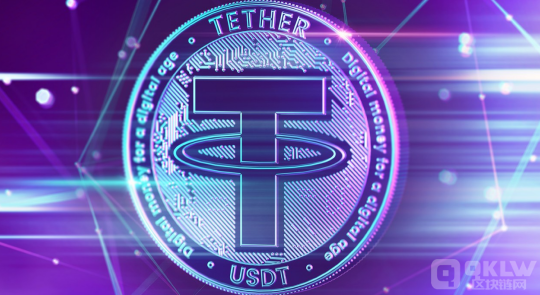
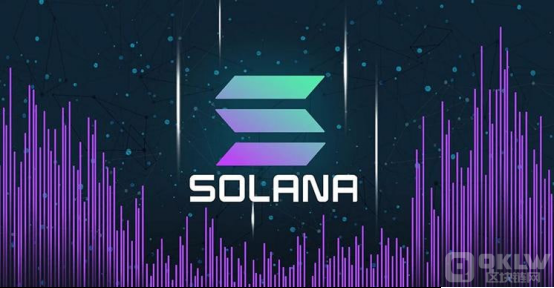
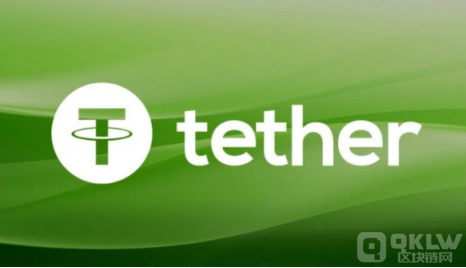
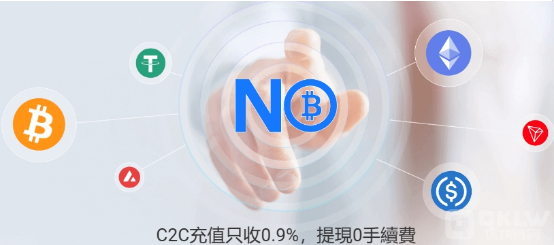
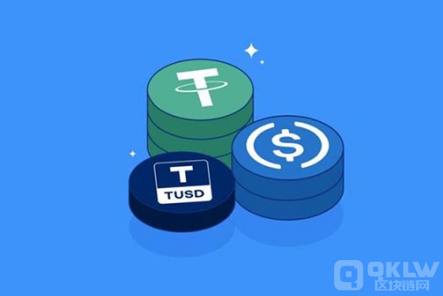
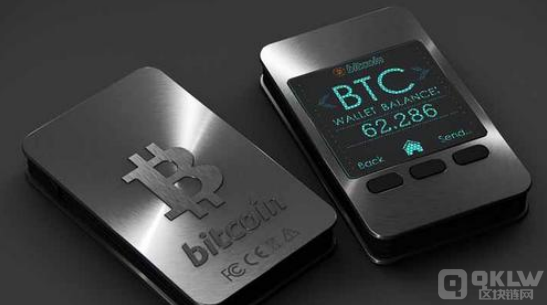

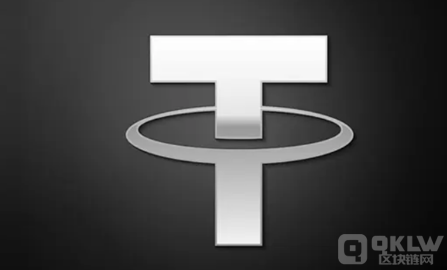

 5292806
5292806 